It seems like we never want to admit we're getting older. Its something that's hard to escape and with it comes changes to our bodies. What once was easy becomes more difficult. With the help of newer technology and smart upgrades to our livings spaces, many people are able to stay in their homes longer. Here are a few things to keep in mind if you're renovating your home.
1 - Reduce or eliminate changes in levels.
Whether its a house, townhouse, or condo many homes have multiple levels within them. As we age mobility can become reduced. Sometimes use of a cane, walker or wheelchair is needed to help us get around. Reducing the amount of stairs or changes in levels can have a large impact on maintaining our independence. This can be accomplished by raising floors or repurposing rooms so that sleeping rooms, kitchens, and bathrooms are all on the same level.
Whether its a house, townhouse, or condo many homes have multiple levels within them. As we age mobility can become reduced. Sometimes use of a cane, walker or wheelchair is needed to help us get around. Reducing the amount of stairs or changes in levels can have a large impact on maintaining our independence. This can be accomplished by raising floors or repurposing rooms so that sleeping rooms, kitchens, and bathrooms are all on the same level.
2 - Widen hallways and lower counters.
If possible, widening main circulation spaces in the house can help a person in a wheelchair or walker navigate corners easier. Open concepts can be even better. If you're renovating your kitchen, consider going for cabinets that are 34" (or less) in height that will better accommodate wheelchair use or sitting down while cooking. Having open space below a sink or counter will allow a person in a wheelchair to get closer to the working space. Also, try to keep microwaves low so there is less of chance of spilling hot liquid on yourself.
If possible, widening main circulation spaces in the house can help a person in a wheelchair or walker navigate corners easier. Open concepts can be even better. If you're renovating your kitchen, consider going for cabinets that are 34" (or less) in height that will better accommodate wheelchair use or sitting down while cooking. Having open space below a sink or counter will allow a person in a wheelchair to get closer to the working space. Also, try to keep microwaves low so there is less of chance of spilling hot liquid on yourself.
3 - Make things easier to grasp.
Changing round doorknobs to levers will help arthritic hands better open a door. If keys become difficult to maneuver, consider switching to a smart lock or keypad that allows you to unlock by a push of a button.
Changing round doorknobs to levers will help arthritic hands better open a door. If keys become difficult to maneuver, consider switching to a smart lock or keypad that allows you to unlock by a push of a button.
4 - Cut down on maintenance.
Swapping out your incandescent or compact fluorescent bulbs with (warm white) LED bulbs should last you up to 15 years + without having to change them. Additionally replacing natural materials on the exterior of your home with longer lived synthetic materials like fiber cement siding, brick and vinyl trim will keep your house looking great with minimal maintenance.
Swapping out your incandescent or compact fluorescent bulbs with (warm white) LED bulbs should last you up to 15 years + without having to change them. Additionally replacing natural materials on the exterior of your home with longer lived synthetic materials like fiber cement siding, brick and vinyl trim will keep your house looking great with minimal maintenance.
5 - Take advantage of smart home devices.
Smart home hubs like Amazon's Alexa or Google's Google home connect to other smart devices around your house that will allow you to turn off lights, change the thermostat, or call for help if needed. They can also be used to play games and ask questions to help with memory. Other smart devices can turn off ovens left unattended or let you see who's at your door without getting up.
Smart home hubs like Amazon's Alexa or Google's Google home connect to other smart devices around your house that will allow you to turn off lights, change the thermostat, or call for help if needed. They can also be used to play games and ask questions to help with memory. Other smart devices can turn off ovens left unattended or let you see who's at your door without getting up.
A lot of this might seem overwhelming and a pro can help you through a renovation process. If you need help determining the best strategies reach out to a local architect that can help you. If you're in Winchester, VA give Four Square Architects a ring.
Additional information can be found HERE and HERE.
Additional information can be found HERE and HERE.


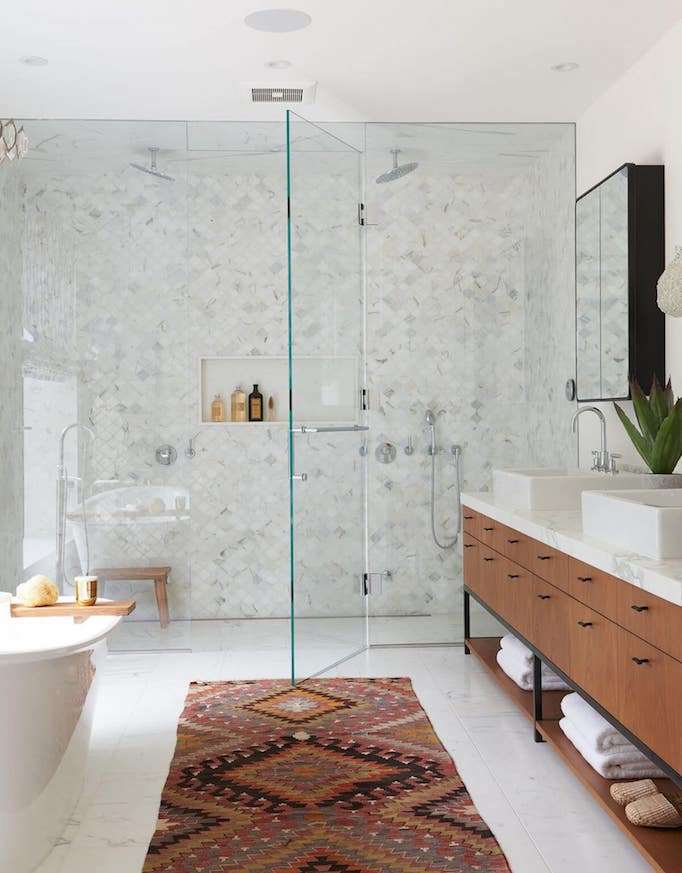
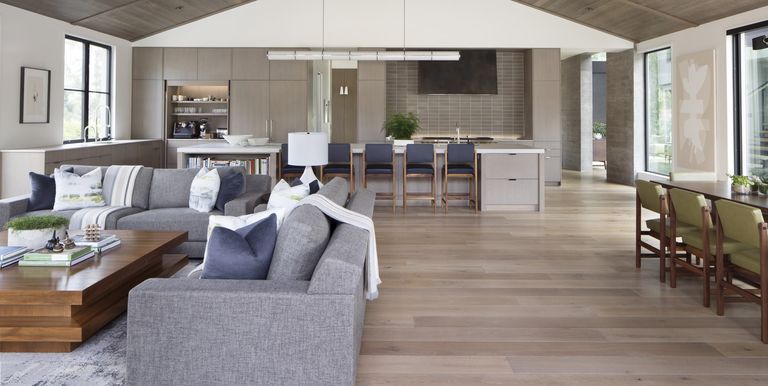
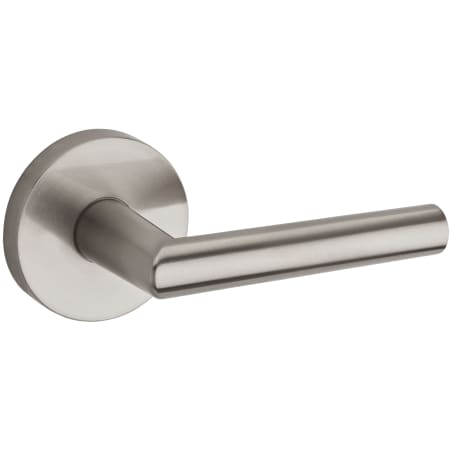
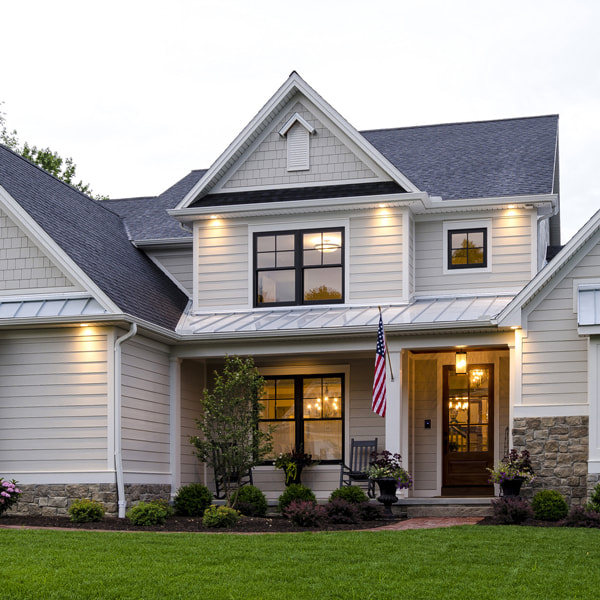
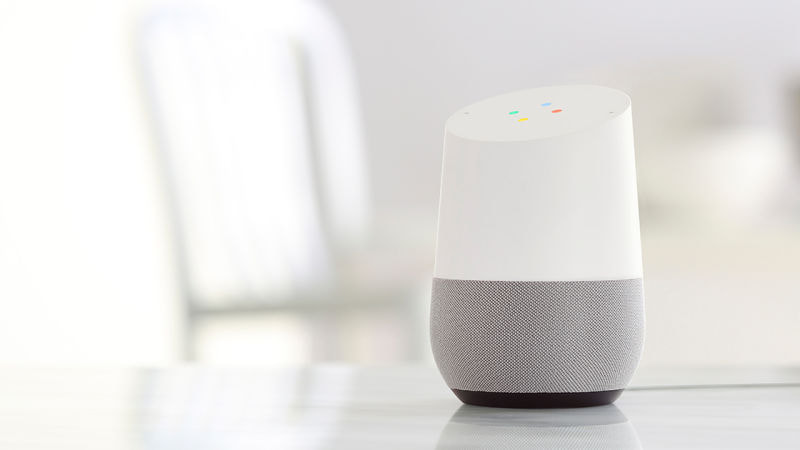





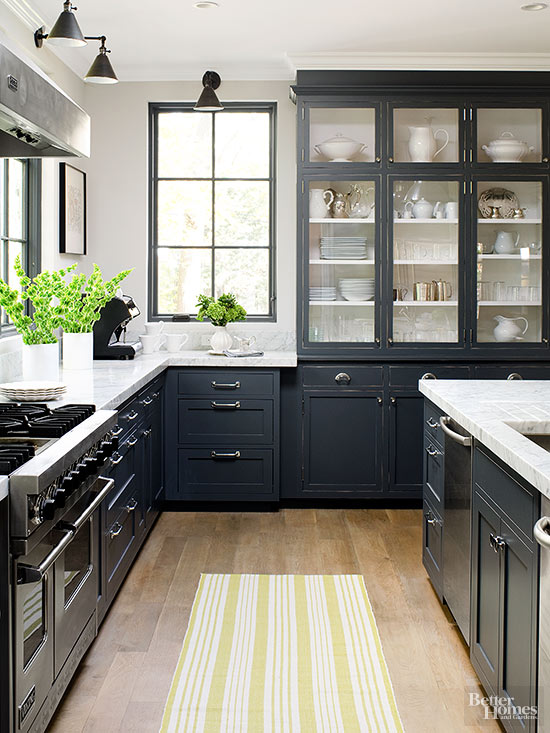
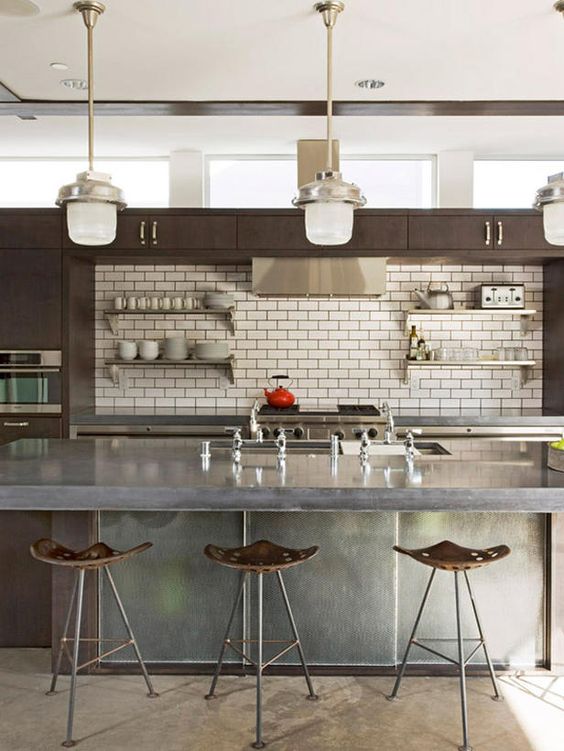
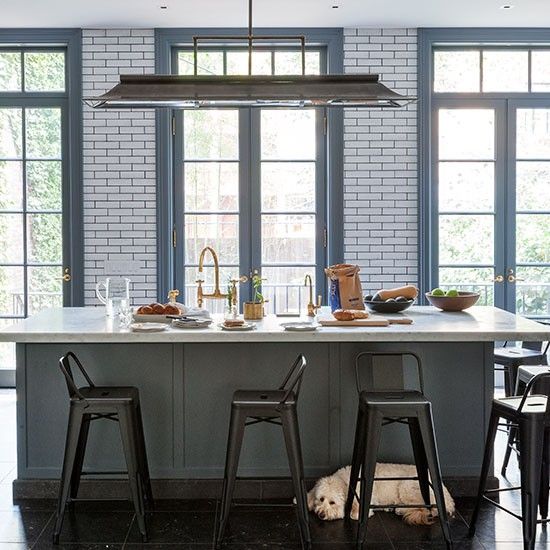
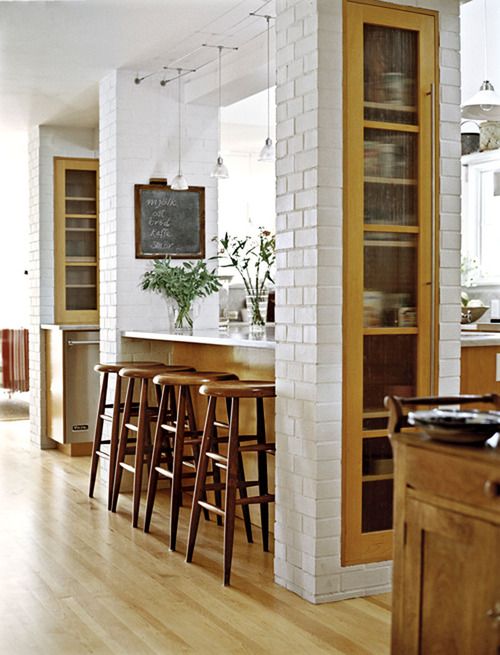
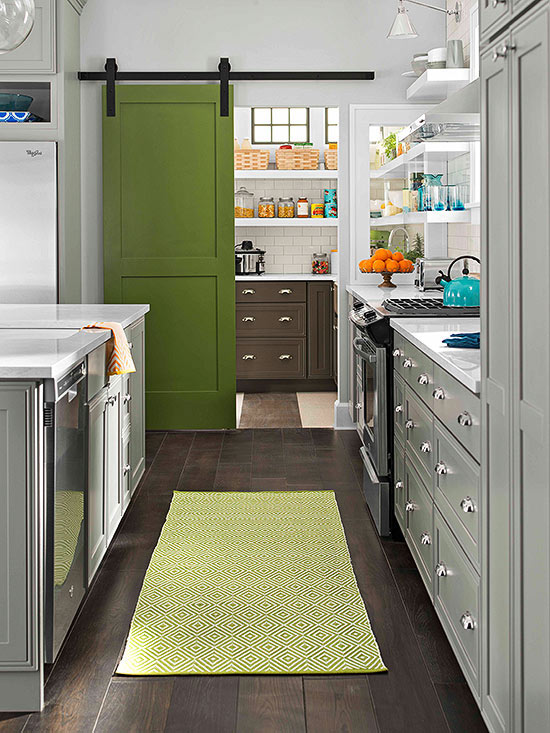
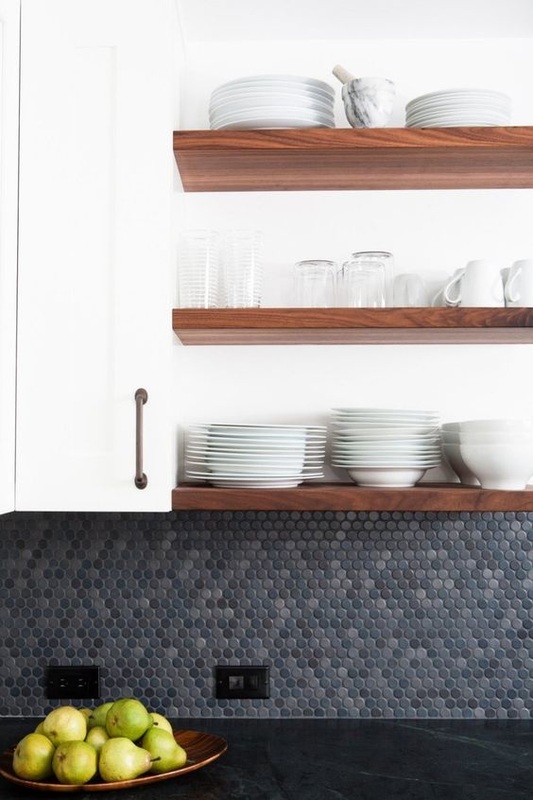
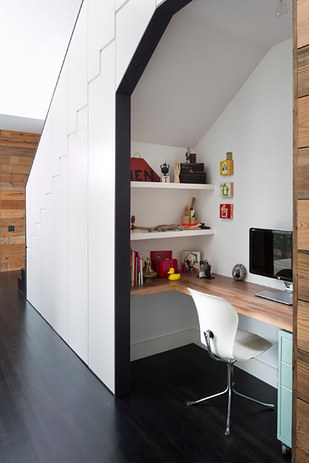
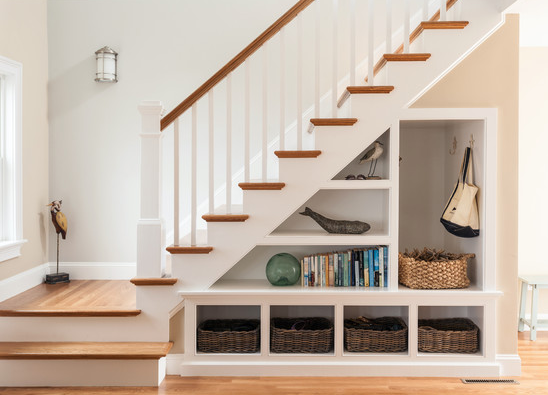
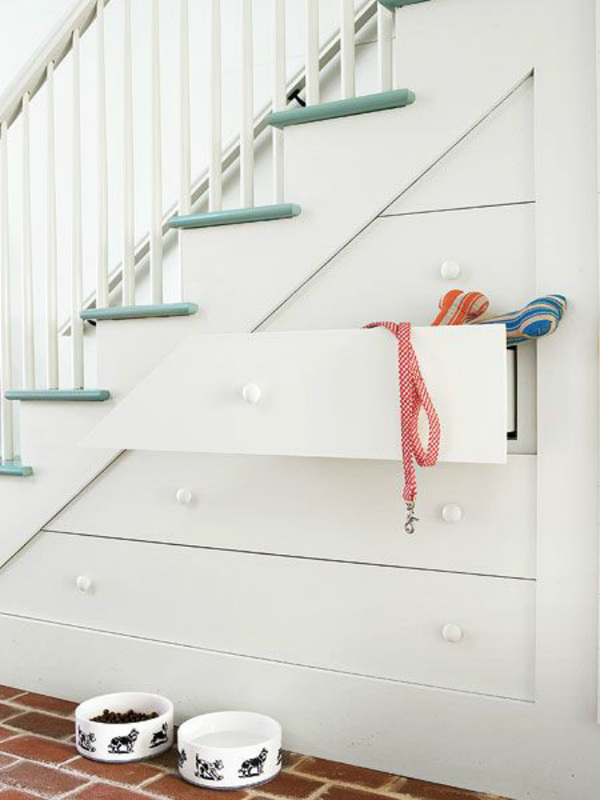
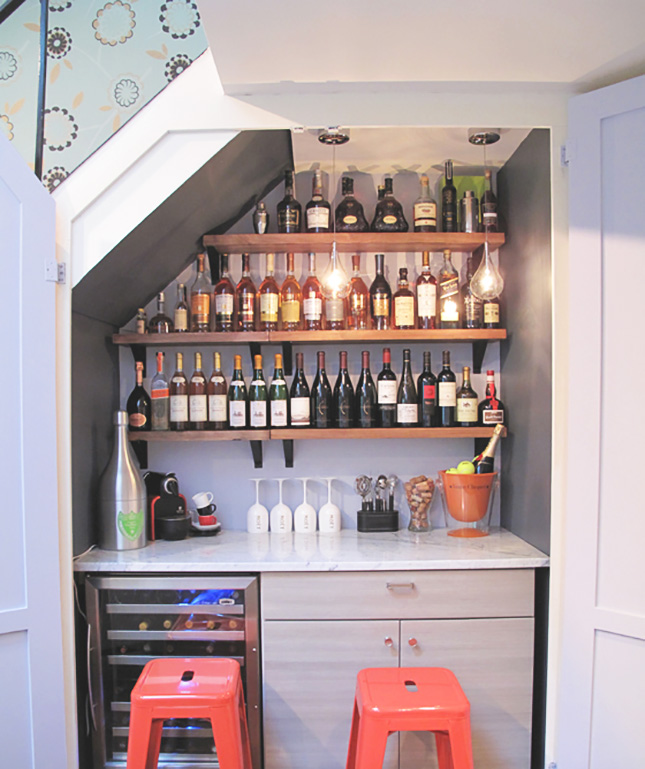
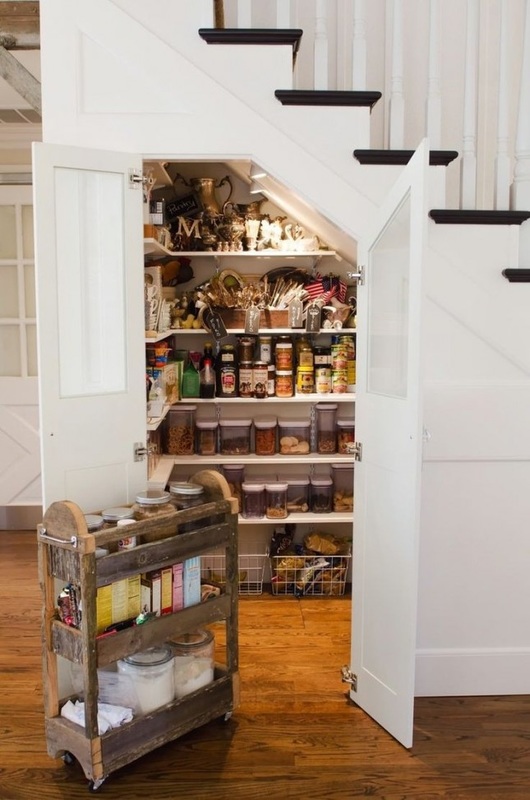
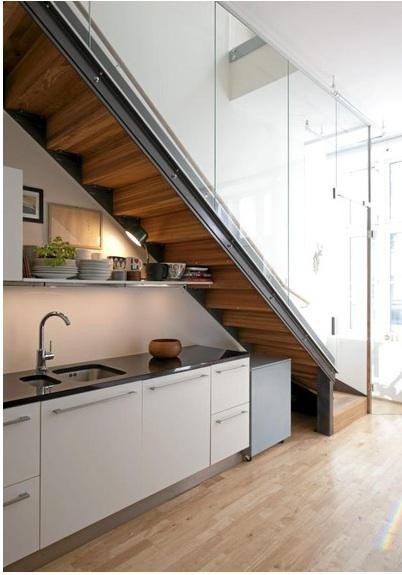
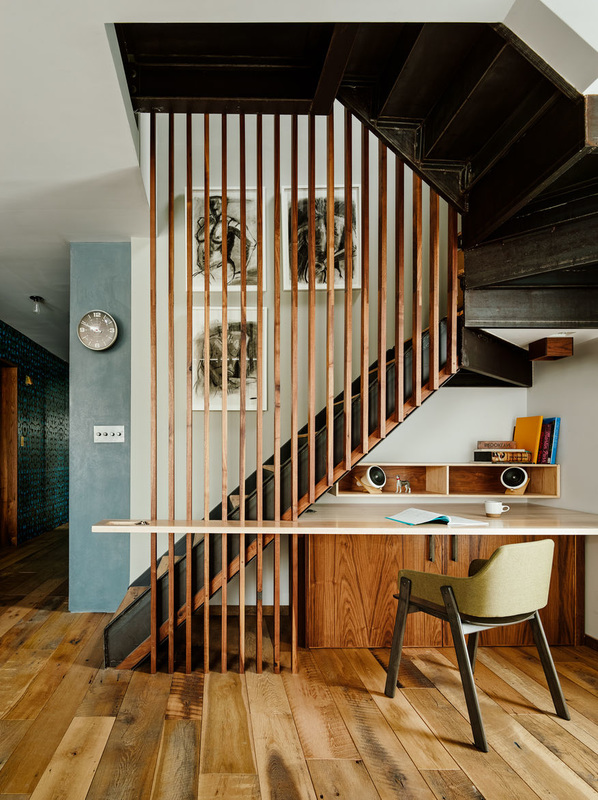
 RSS Feed
RSS Feed
